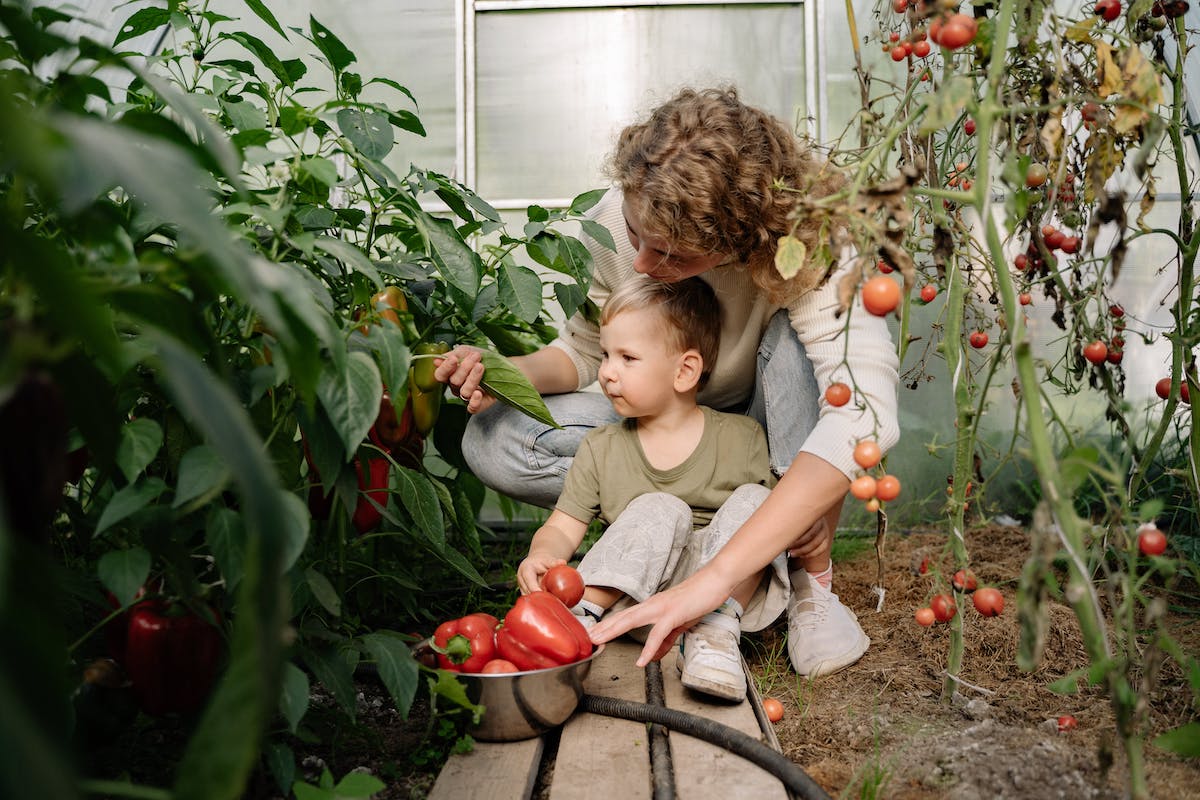By Nicole Avena, PhD
When toddlerhood strikes, babies can often become more willing to let you know how they really feel about things, and this includes their dislikes for certain foods. You may find that the angel who once let you feed them mouthfuls of nutritious purees does not want to be fed like a baby anymore. Also, now that your baby is getting more variety in their diet, they may not want to eat what you have prepared, and they may have started to develop preferences for certain foods.
If baby knows what they do and do not like, try to roll with it! Just because your baby suddenly stops eating a certain food doesn’t mean that it is gone from their diet forever. It may be that they want a break from a certain taste. Remember, part of the reason we have variety in our diet is to ensure that we are getting enough of the necessary nutrients, vitamins and minerals we need to stay healthy. So your baby’s balking at a food might actually be a subconscious way to let you know he is in need to nutrients that can be better obtained from something else (which is fine, as long as that something else isn’t a brownie sundae!).
Here are a few tips you can try when dealing with a picky eater:
- Let baby choose the menu, to some extent. He likes to be the boss, so let him, within reason! Pick three healthy foods and let him choose which one he wants as a snack. Many parents reflexively ask the question “What do you want to eat?”. Try not to do that, because toddlers will always tell you the truth, and the truth is usually that they want a sweet treat or junk food.
- Sneak it in. Fruits can mask the tastes of veggies, and this can work to your advantage when you have a choosy toddler. Just getting the hint of the flavor, over time, can lead baby to find it less off-putting.
- Get some help. If baby has older siblings, get them to help out. Showing a toddler how fun it is to eat healthy foods can sometimes be enough to get your little one to join in. If you don’t have older kids, take advantage of when they are around (like at parties) and try new things then!
Dealing with picky eating can be frustrating for parents, but you want to promote positive feelings and attitudes about food. You should try to reinforce that baby doesn’t have to eat a certain food, but you want them to try it because it is healthy and yummy. Little ones age 2 and younger really can’t process the concept of health yet, so rationalizing with your child might not be possible until they are a little older. However, even at this early age, you want to be mindful of making sure your toddler learns the appropriate response to make when they don’t like a food. Teach them to say “No, thank you” as opposed to making a face. Also, if they want to spit something out, work on getting them to do so into a napkin.
Nicole Avena, PhD, is Assistant Professor of Neuroscience at Mount Sinai School of Medicine and Visiting Professor of Health Psychology at Princeton University. She is the author of several books, including What to Feed Your Baby and Toddler, and What to Eat When You’re Pregnant. The post was adapted from What to Feed Your Baby and Toddler.




